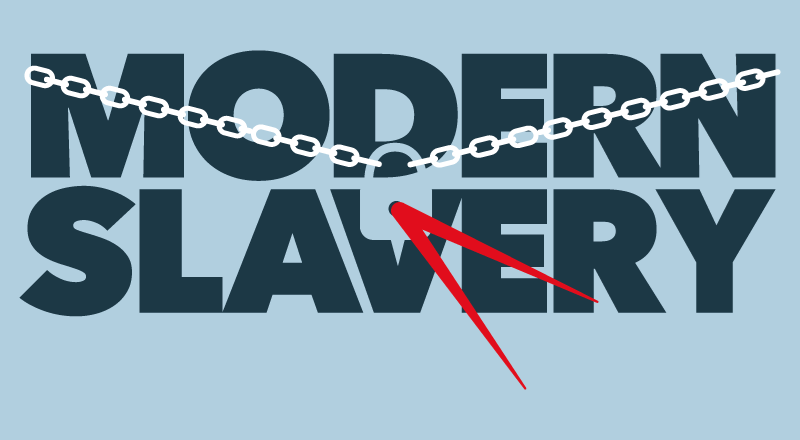Major auditors’ efforts to invest in their systems, people and capabilities have contributed to a steady improvement in their audit quality over the past two years, according to figures from the Financial Reporting Council (FRC).
In its latest Audit Quality Inspection and Supervision Report – covering work undertaken at BDO, Deloitte, EY, Grant Thornton, KPMG, Mazars and PwC – the FRC notes that 75% of audits examined in the study period were either good or required limited improvement, compared to 71% last year and 67% in 2020. Five of those firms had no audits that required significant improvements.
In its review of FTSE 100 audits, the FRC found only one that required improvements of any sort, and none at all that required significant improvements. As such, 93% (14 out of the 15 reviewed) were found to require no more than limited improvements – compared to 75% last year and 64% in 2020. For the FTSE 250, that figure is 85% – building on 78% in 2021 and 74% the previous year.
However, news for two of the leading challenger firms was less positive – with the FRC describing inspection results at Mazars and BDO as “unacceptable”. Of eight Mazars audits, four required more than limited improvements, while the same applied to five out of 12 audits reviewed at BDO. In view of those findings, the FRC warned challengers that growth ambitions must be tempered by a primary focus on quality.
Culture of challenge
The report makes a special point of highlighting an industry-wide drive of ongoing investment and improvement across four critical areas: technology and the audit of the future, banking methodology, organisational culture and resourcing.
In particular, it notes, all seven firms are continuing to invest in tools such as new audit systems and data analytics software, while some are looking towards the future of audit and developing artificial intelligence (AI) solutions.
All the firms have begun to develop culture programmes – and although they are at different stages with those schemes, a culture of challenge is now central to the work they do. At the same time, every firm is continuing to hire, and to develop alternative resourcing solutions – for example, offshore delivery centres and virtual secondees – in response to a limited and competitive market.
In addition to those developments, the FRC credits its own “increasingly assertive” supervision approach for helping to boost audit quality across the seven firms under scrutiny.
Going forward, the report notes, the FRC will work with each Tier 1 firm to develop a Single Quality Plan (SQP) that will pull together the numerous strands of audit quality actions, and both monitor and prioritise those steps. As SQPs are further developed, the FRC says, it will introduce formal progress reporting – and challenge Tier 1 firms to ensure that important milestones are met.
Robust assurance
FRC Chief Executive Sir Jon Thompson said: “While it is encouraging to see some improvement in audit quality at the largest audit firms, consistent, long-term improvement is still required across the market.” The FRC, he added, “will continue to build on our assertive supervisory approach to ensure firms are consistently delivering high-quality audits – which will drive increased choice and resilience in the market over time.”
ICAEW Managing Director, Reputation and Influence, Iain Wright said: “We strongly agree with the FRC that high-quality audit, providing robust assurance, should be the primary objective of the auditing profession. We are pleased that the investment made by audit firms in people, processes and technology, and the educational initiatives and the support provided by ICAEW and the other professional bodies, are paying off.
“It’s particularly notable that no FTSE 100 company audit needed significant improvement and FTSE 250 audits only required minor improvements, and this sends out a strong positive message to global investors wanting to invest in the UK capital markets.”
Wright added: “The UK economy needs a high-quality and resilient audit market to prosper and ensure trust in business. It’s important that firms are not discouraged from retaining or taking on high-risk audits, and that those wanting to grow their market share focus are supported. We hope the regulator will continue to work with the profession to support the improvements needed to drive up quality, choice and resilience in the market.”
Recent articles
Future of audit
Following the UK government's feedback statement on audit and corporate governance reform, we explore the various factors shaping the profession in 2022.




